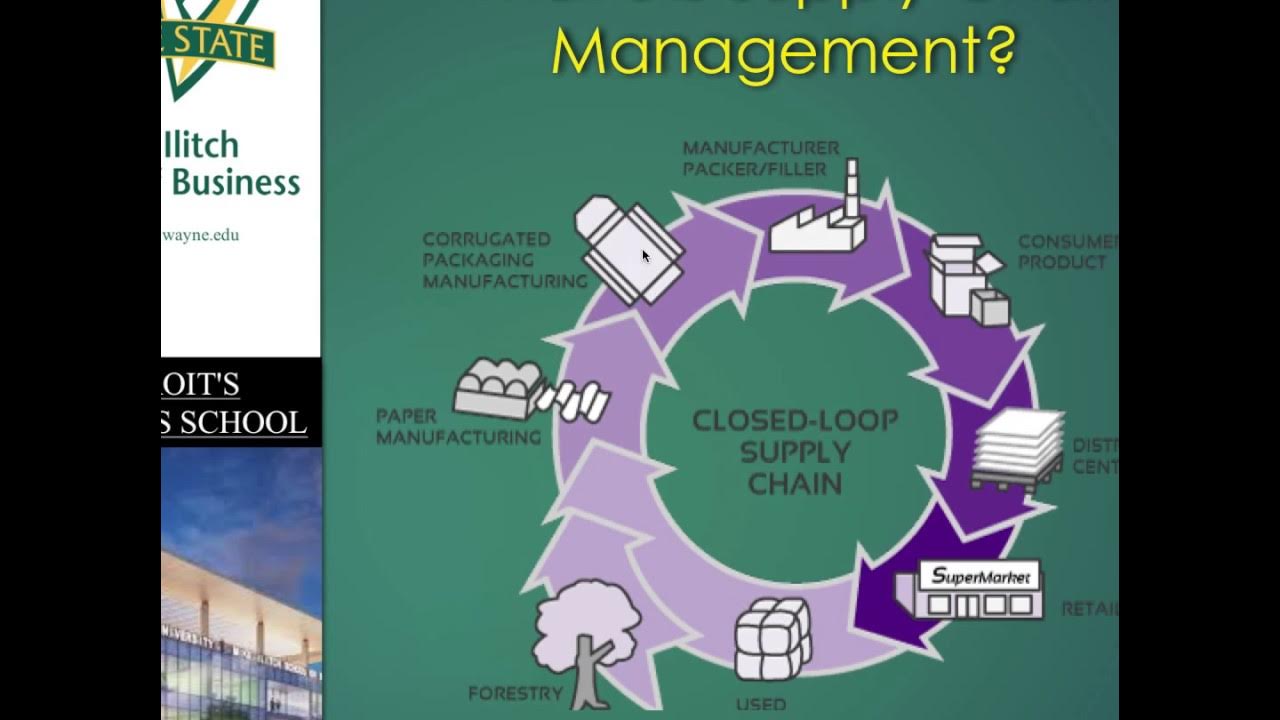International Trade and Supply Chains
Summary
TLDRThe script explores the intricacies of international supply chains, which enable the production of complex goods like cars through a global network of suppliers. It highlights the benefits of reduced transport and communication costs, allowing production stages to occur across different countries, thus lowering costs and benefiting consumers. However, it also addresses the risks, such as natural disasters and regulatory inconsistencies, which can disrupt supply chains. The video calls for better coordination in policy design to enhance supply chain efficiency and reduce red tape, while ensuring health and safety.
Takeaways
- 🌐 The global production of complex goods like cars relies on international supply chains and trading systems.
- 📉 Declining costs in transport and communication have enabled companies to distribute their production processes across different countries.
- 🏭 Production stages for a single product, such as a car, can be located in various countries, each specializing in different parts.
- 📈 The dispersion of production contributes to the rapid growth of global trade, with the volume today being 27 times larger than in 1950.
- 💼 Supply chains facilitate the entry of less developed countries into the global market by leveraging their lower labor costs or proximity to raw materials.
- 💰 By reducing production costs, companies can offer new or improved products without increasing the final price for consumers.
- ⚠️ Supply chains are vulnerable to disruptions, such as natural disasters, which can affect production and delay the supply of both final and intermediate goods.
- 🌧️ The 2011 floods in Thailand serve as an example of how a single event can impact global production of various goods.
- 📋 Inefficient regulatory policies can also hinder supply chains, as seen with overlapping regulations from multiple agencies affecting a chemical company's imports.
- 🔄 Governments and corporations are collaborating to streamline supply chains, reducing bureaucracy while maintaining health and safety standards.
- 📝 There is a need for better alignment between existing trade agreements and supply chain operations to improve efficiency and effectiveness.
Q & A
What is the significance of international supply chains in the production of goods?
-International supply chains allow companies to split their production lines across different countries, taking advantage of lower labor costs and the availability of raw materials, which helps reduce the total cost of production and enables the creation of new or better products without raising consumer prices.
How have advancements in transport and communication impacted global trade?
-The reduced costs of transport and communication have made it more feasible for companies to distribute their production stages across various countries, leading to a significant growth in global trade, with the volume of world trade today being 27 times larger than it was in 1950.
Why might a car have parts made in different countries?
-A car might have parts made in different countries to optimize production costs and efficiency. For example, an engine could be made in Germany for its high-quality manufacturing, a wiring harness from Tunisia where labor costs are low, and an exhaust filter system from South Africa where raw materials might be abundant.
What are the potential benefits for poor countries participating in global supply chains?
-Participating in global supply chains can allow poor countries to start manufacturing goods for the global market, taking advantage of their lower costs of living to reduce labor costs and potentially boost their economy by tapping into international trade.
What risks are associated with international supply chains?
-Risks include disruptions caused by natural disasters, political instability, or regulatory issues in any part of the supply chain. These can lead to delays in production and affect the availability of both final products and intermediate goods.
How did the 2011 floods in Thailand affect global supply chains?
-The 2011 floods in Thailand disrupted the production of various goods, including electronics, cars, and shoes, demonstrating the vulnerability of global supply chains to local events and the interconnectedness of international trade.
Why is regulatory policy coordination important for supply chains?
-Regulatory policy coordination is crucial to ensure that supply chains operate smoothly. Without it, overlapping or conflicting regulations from different agencies can cause delays in product shipments and increase operational costs.
What steps are governments and corporations taking to improve supply chain efficiency?
-Governments and corporations are working to streamline supply chain processes by reducing red tape and improving regulatory policy coordination, while still maintaining health and safety standards.
How can trade agreements be better aligned with supply chain operations?
-Trade officials should consider the intricacies of supply chain operations when designing trade agreements, ensuring that the rules support efficient supply chain management and reduce potential conflicts or inefficiencies.
What is the role of intermediate goods in the context of supply chains?
-Intermediate goods are products that are used in the production of other goods. They play a critical role in supply chains as disruptions in their production or delivery can have a cascading effect on the final product's availability and cost.
How can a closer examination of supply chain operations inform better policy design?
-By understanding the intricacies of supply chain operations, policymakers can design more effective policies that support both producers and consumers, addressing issues like regulatory inefficiencies and trade agreement alignment.
Outlines

Cette section est réservée aux utilisateurs payants. Améliorez votre compte pour accéder à cette section.
Améliorer maintenantMindmap

Cette section est réservée aux utilisateurs payants. Améliorez votre compte pour accéder à cette section.
Améliorer maintenantKeywords

Cette section est réservée aux utilisateurs payants. Améliorez votre compte pour accéder à cette section.
Améliorer maintenantHighlights

Cette section est réservée aux utilisateurs payants. Améliorez votre compte pour accéder à cette section.
Améliorer maintenantTranscripts

Cette section est réservée aux utilisateurs payants. Améliorez votre compte pour accéder à cette section.
Améliorer maintenantVoir Plus de Vidéos Connexes
5.0 / 5 (0 votes)






